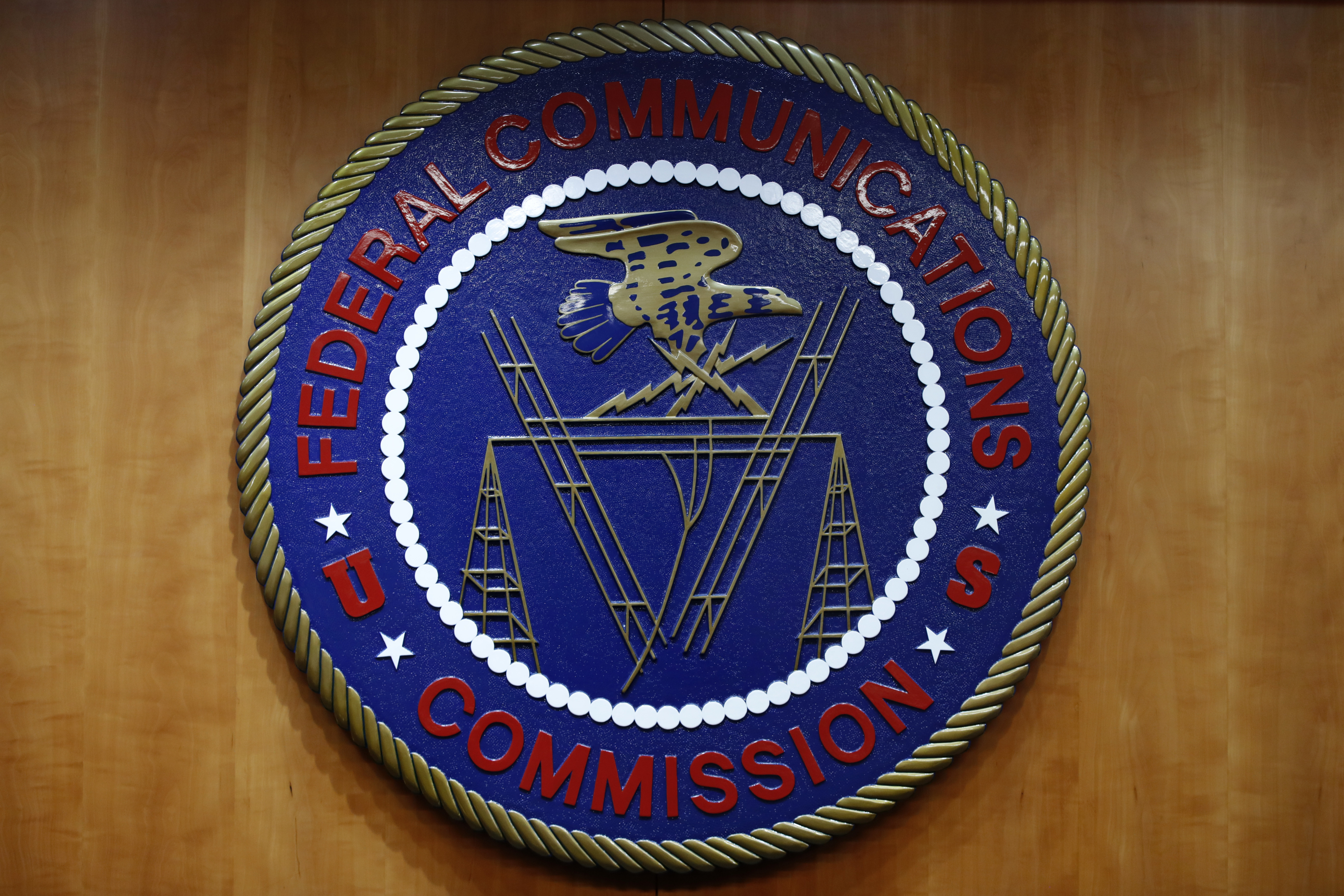The Federal Communications Commission is moving to further limit how much companies can charge for phone calls made from jails and prisons, capping rates on all types of calls.
Two years ago, under pressure from the families of the more than 2 million people incarcerated in the U.S., the FCC voted to restrict rates on inmate calls made from one state to another. The proposed changes, likely getting a vote Oct. 22, would go further, capping rates on all local, in-state long distance, interstate and international calls beginning early next year.
That would mean the vast majority of inmate calls would cost no more than $1.65 for 15 minutes. And fees and other costs, which in some cases have boosted calls to $17 to $25 for 15 minutes, also would be limited.
Inmates' families usually are stuck with the bills and they and defense attorneys have fought for more than a decade for the changes. But phone companies have defended the costs, saying the calls require costly security features and some of the money generated is used for things like activities for the incarcerated.
Chris Hoke, who ministers to inmates and gang members in a community 55 miles north of Seattle, said he can't afford to take many of their calls because he would be charged "exorbitantly." Lowered rates, he said, would let him "give more pastoral care to some of the most hurting people in our community."
Such changes already were in the works even before this round of FCC considerations, with nine states banning profit-sharing commissions and several others reducing them, said Lee G. Petro, an attorney for the families of inmates.
Illinois is one of the states that already cut the costs of calls, and it has lightened the burden for 40-year-old Chicago resident Kimberly Scardina-Gomez. Her husband was locked up 13 years ago for a robbery, and she spent up to $300 per month over the years so her son could talk to him.
U.S. & World
"I think it's amazing, and it's just so horrible that it took so long," she said, noting that cheaper calls will "help build better relationships" so inmates have "something to come home to."
Prisons and jails say money from the phone charges is used for things such as training and rehabilitation programs. Under the proposed changes, the profit-sharing commissions aren't banned but the amount of money coming in would likely be lower.
Phone companies also have told the FCC their systems require costly security devices to keep inmates from harassing potential witnesses or orchestrating crimes from behind bars. The FCC countered that the cost of security features was built into the proposed rate structure.
"The primary goal of Sheriffs is to ensure public safety and security in their facilities," said Jonathan Thompson, executive director of the National Sheriffs' Association, adding that "the FCC must acknowledge the security concerns of jails."
Stephanie Joyce, an attorney who represents Texas-based Securus Technologies Inc., one of the largest providers of inmate phone services, didn't immediately return a message from The Associated Press.
More than 700,000 inmates are released each year, FCC commissioner Mignon Clyburn wrote on an agency blog, and the proposed changes are meant to help them and, especially, the 2.7 million children with incarcerated parents.
"Multiple studies have shown that having meaningful contact beyond the prison walls can make a real difference in maintaining community ties, promoting rehabilitation, and reducing recidivism," she said.



